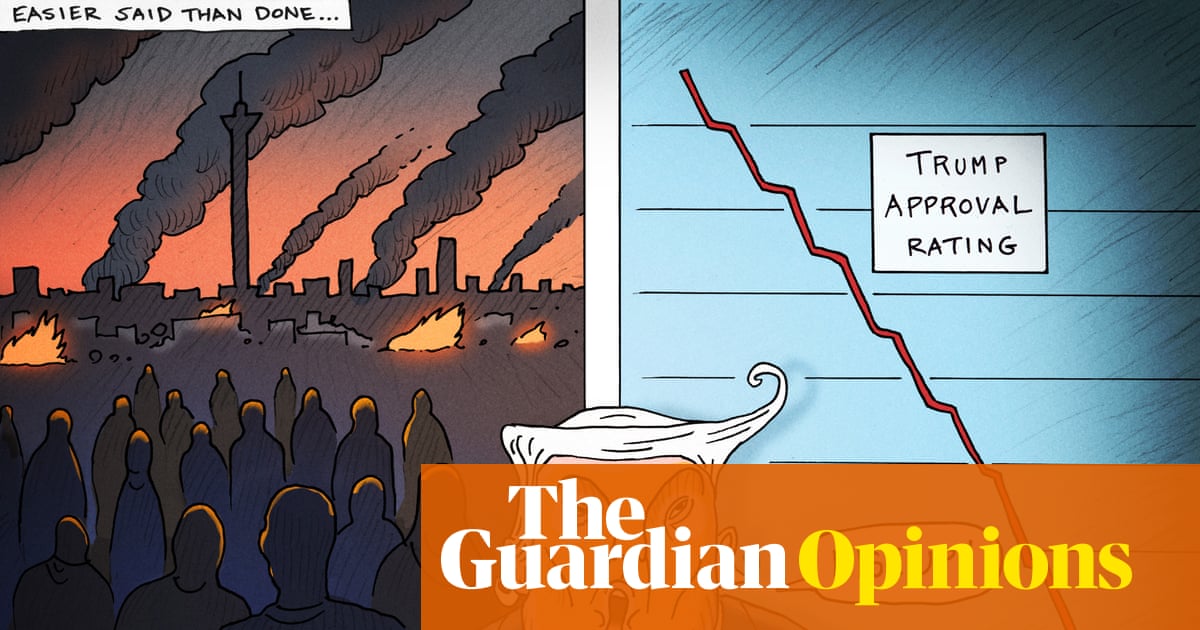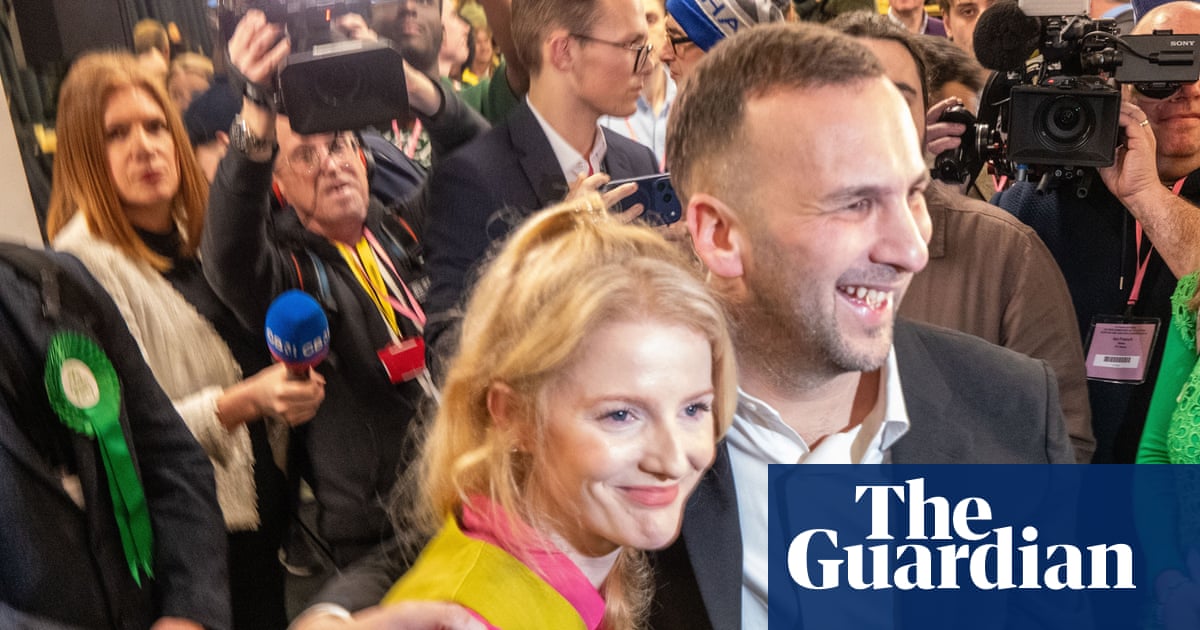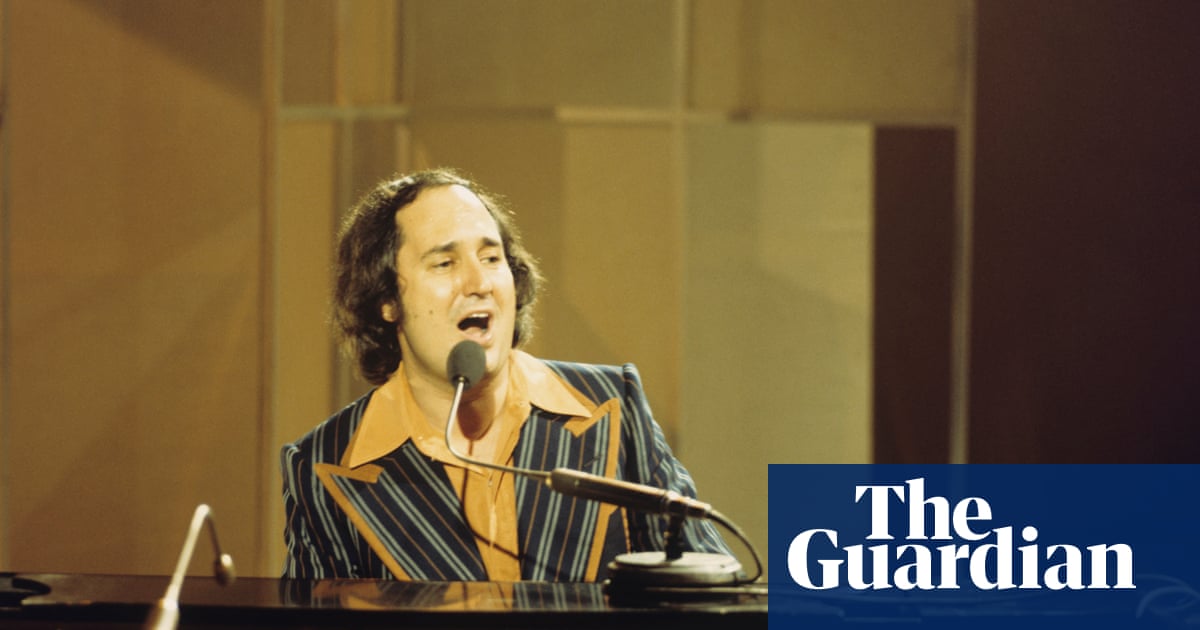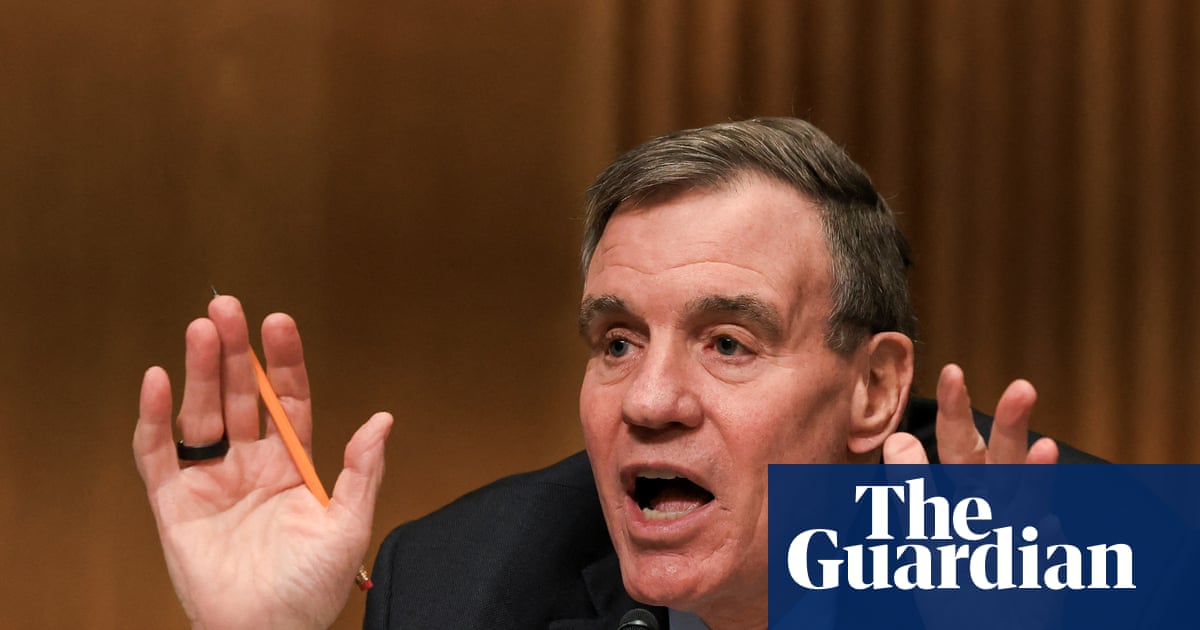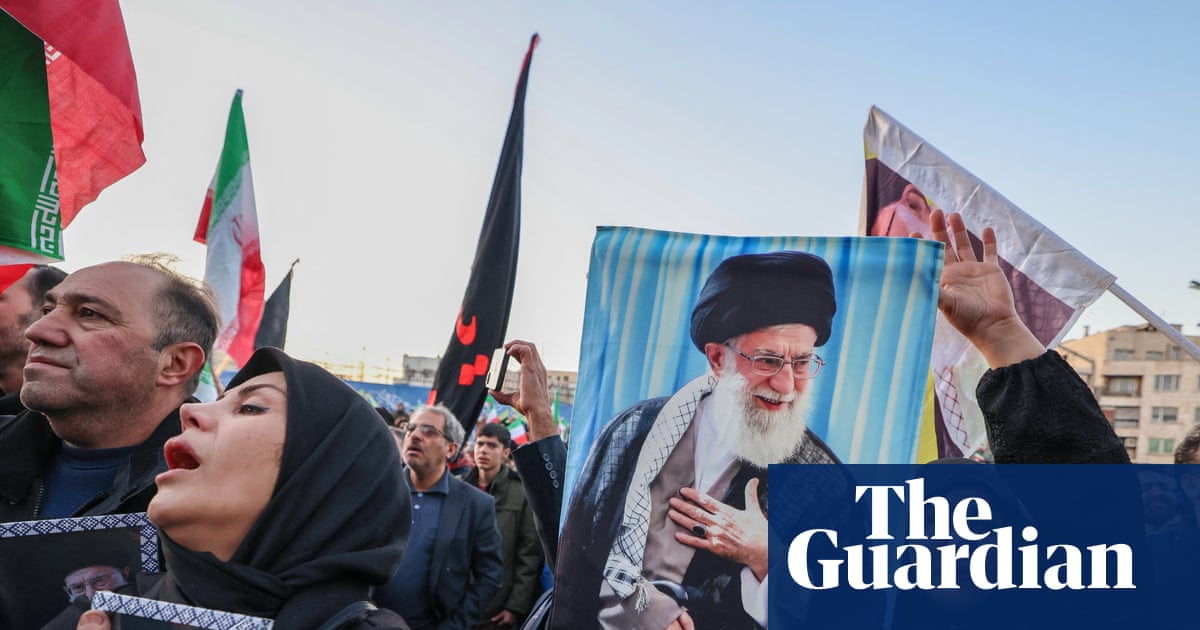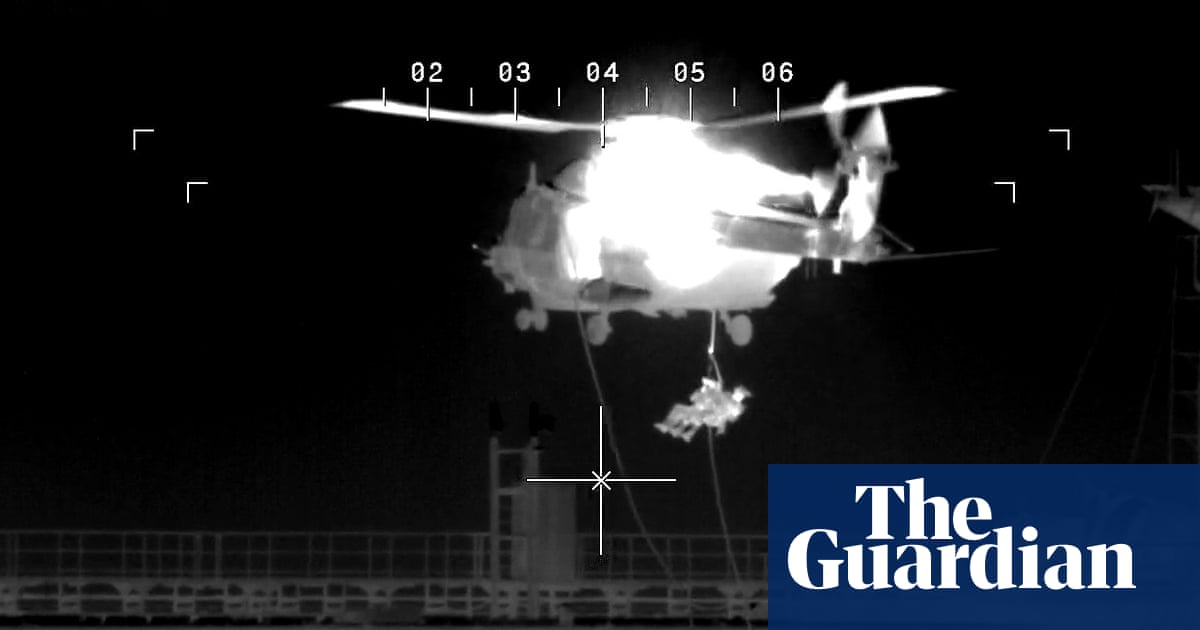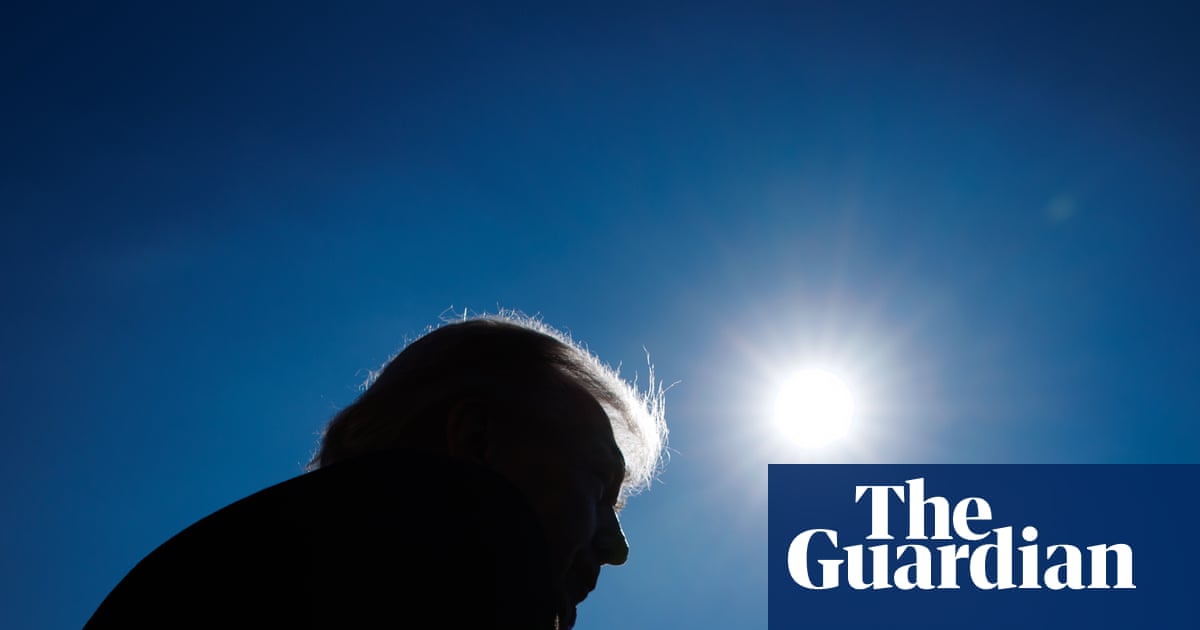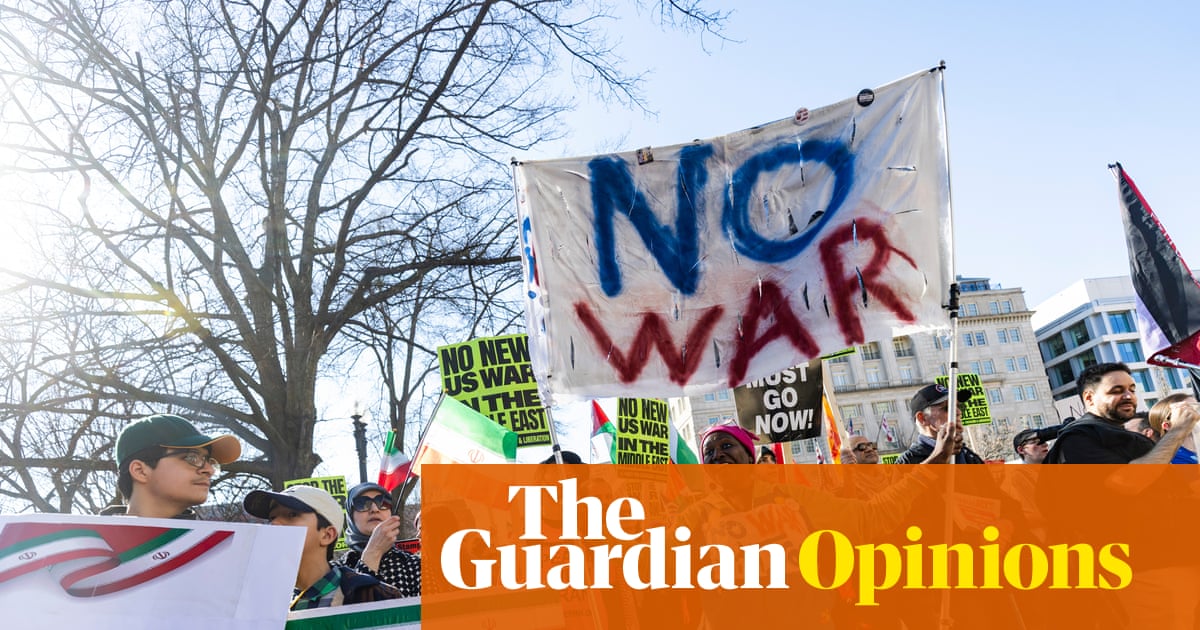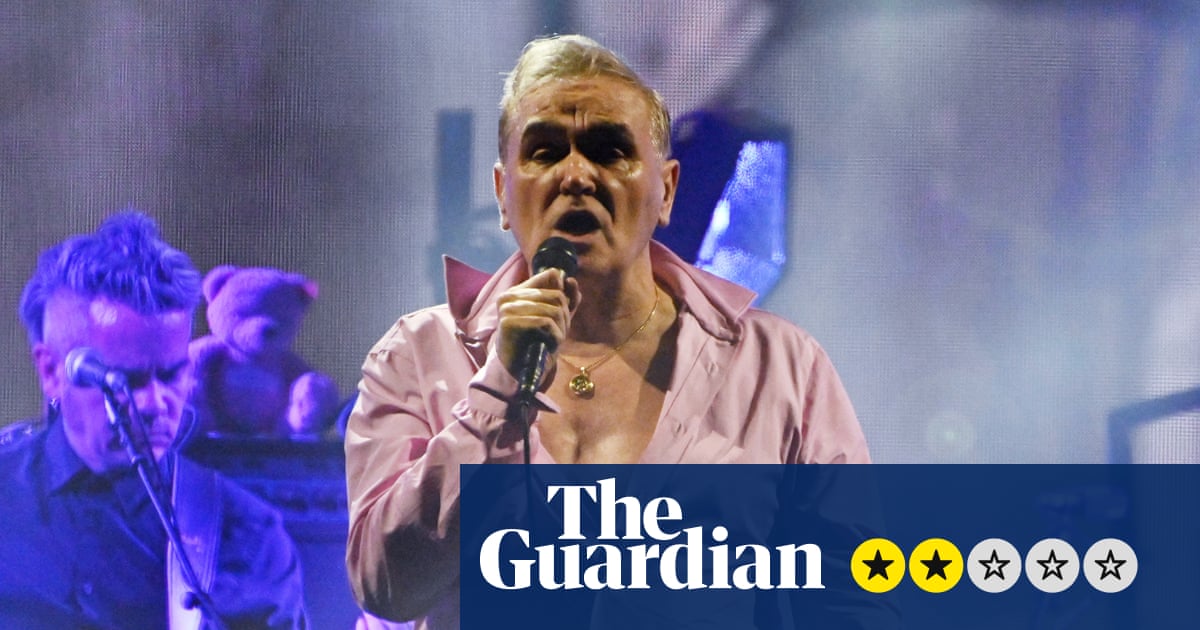Dick Cheney, who has died aged 84, came to be seen as a moderate in his later years for his staunch opposition to Donald Trump, but he also stands accused of paving the way for Trumpism by undermining the independence of the intelligence agencies and US adherence to international law.
As George W Bush’s second-in-command in the “war on terror” declared after the 9/11 attacks, Cheney made himself one of the most powerful vice-presidents in US history, and was a key protagonist in the push to invade Iraq, as well as the use of torture on suspected al-Qaida members detained without charge in the CIA’s offshore “black sites”.
In doing so, he took an assertive view of the powers of the presidency relative to the other branches of government, arguing that the White House had been unduly constrained by Congress in the aftermath of the Nixon administration and Watergate.
Even as he fiercely criticised the Trump team for its excesses, Cheney was unapologetic about his record. He said an American president should have a free hand in wielding US power in the world, which was justified in turn because the country was “the greatest force for good the world has ever known”. His 2015 book, authored with his daughter Liz, was titled Exceptional.
He argued that “enhanced interrogation”, the Bush administration’s euphemism for the use of torture, had “kept us safe”.
“I think it’s directly responsible for the fact that we’ve been able to avoid or defeat further attacks against the homeland for seven and a half years,” Cheney told the Washington Times in 2008.
However, there is no evidence that the use of torture, including waterboarding, led to the thwarting of any further attacks, and its use has served to taint testimony in several 9/11 cases being heard on Guantánamo Bay, making a proper trial on the US mainland impossible.
The Guantánamo internment camp is another legacy of the Bush-Cheney era, an enduring legal limbo which two ensuing Democratic administrations failed to shut. Trump has used it as a holding centre for deported migrants.
Until his death, Cheney continued to insist that the 2003 invasion of Iraq and the toppling of Saddam Hussein was the right decision, although it unleashed a prolonged civil conflict that cost the lives of hundreds of thousands of Iraqi civilians.
“Saddam’s Iraq was the most likely nexus between the terrorists and the devastating weapons they sought,” Cheney and his daughter wrote in Exceptional. The justification glossed over the fact that the weapons of mass destruction (WMD), which were the argument for going to war, did not exist. The Saddam regime had terminated the WMD programmes years before.
The US intelligence community was initially ambivalent about the evidence for WMD in the run-up to the war. Cheney played the lead role in cajoling the agencies into producing reports in line with the administration’s conviction that they posed an existential threat and were about to fall into the hands of terrorists. To that end, the then governor vice-president overturned norms safeguarding the independence of the intelligence agencies by going in person on several occasions to CIA headquarters in Langley, Virginia, with the apparent aim of browbeating intelligence analysts.
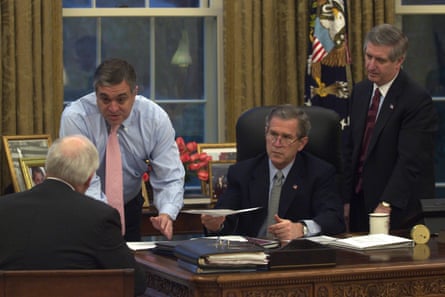
“Cheney was a key figure in corrupting the intelligence-policy relationship on behalf of selling the Iraq war,” said Paul Pillar, who was the national intelligence officer for the Near East and South Asia in the National Intelligence Council at the time of the invasion.
“He declared in a speech in August 2002 that “there is no doubt that Saddam Hussein now has weapons of mass destruction” – weeks before the intelligence community had even begun work on what would become a notorious estimate on that subject,” Pillar said.
“One can imagine the strain on intelligence officers if they were to try to directly contradict such a public declaration by a senior policymaker. Cheney also repeatedly goaded the intelligence agencies into trying to find any scraps of reporting that could be used to suggest that there was an alliance between the Iraqi regime and al-Qaida.”
Cheney played a decisive role in forcing through the passage of the USA Patriot Act six weeks after the 9/11 attacks, which broadly expanded the powers of the executive to carry out investigations and warrant-free surveillance in the name of counter-terrorism, despite the objections of civil liberties advocates who warned it would be weaponised against ordinary Americans.
The Trump administration has used the rallying cry of counter-terrorism to justify the suppression of dissent and even the use of force on the US homeland by the dramatically expanded and empowered Immigration and Customs Enforcement (ICE) units.
“When Dick Cheney was twisting international and domestic law into knots to expand executive power, build up the camps at Guantánamo, and empower the US torture program, we human rights lawyers predicted that we’d end up where we are now: with an executive that claims power to name any opposition ‘terrorism’, and any state action a ‘war’ to escape accountability,” said Alka Pradhan, a defence lawyer at the Guantánamo Bay military tribunals and an adjunct law professor at the University of Pennsylvania.
“Every subsequent president, via the drone or extraordinary surveillance programmes, has built on Cheney’s legacy to get to the present moment in US history.”

.png) 3 months ago
83
3 months ago
83

